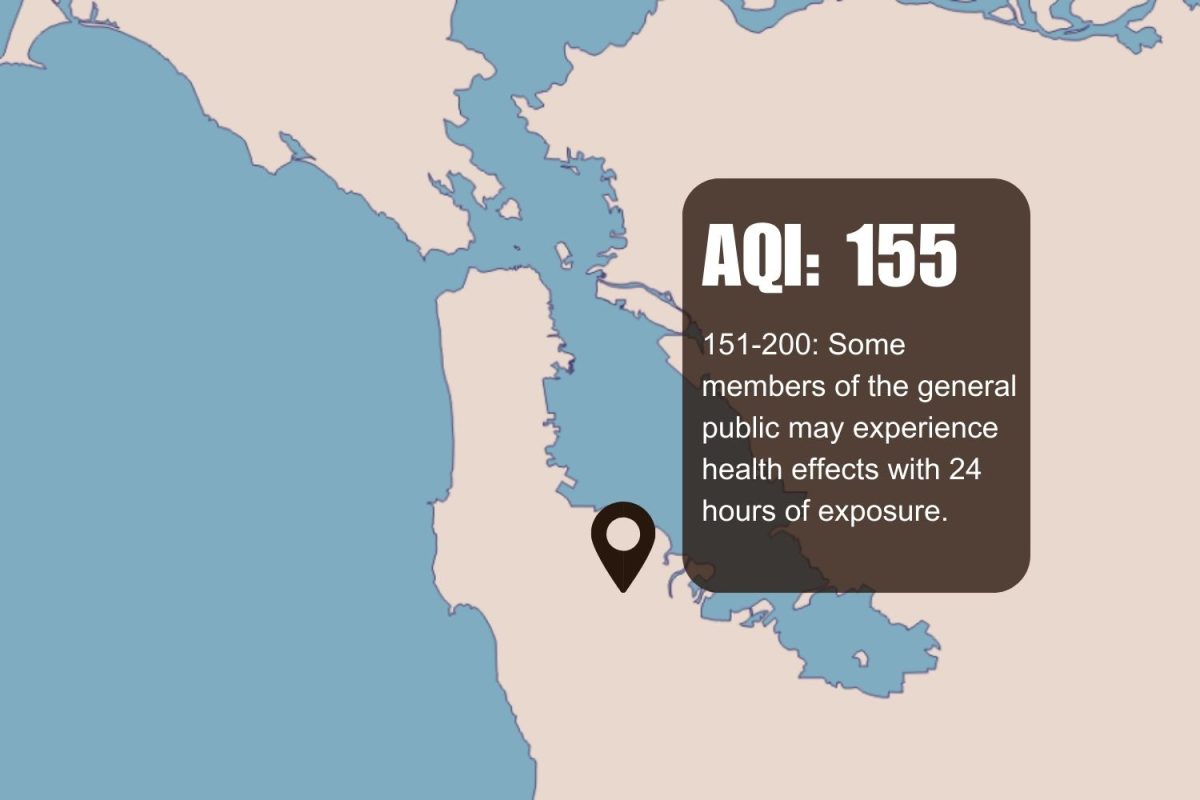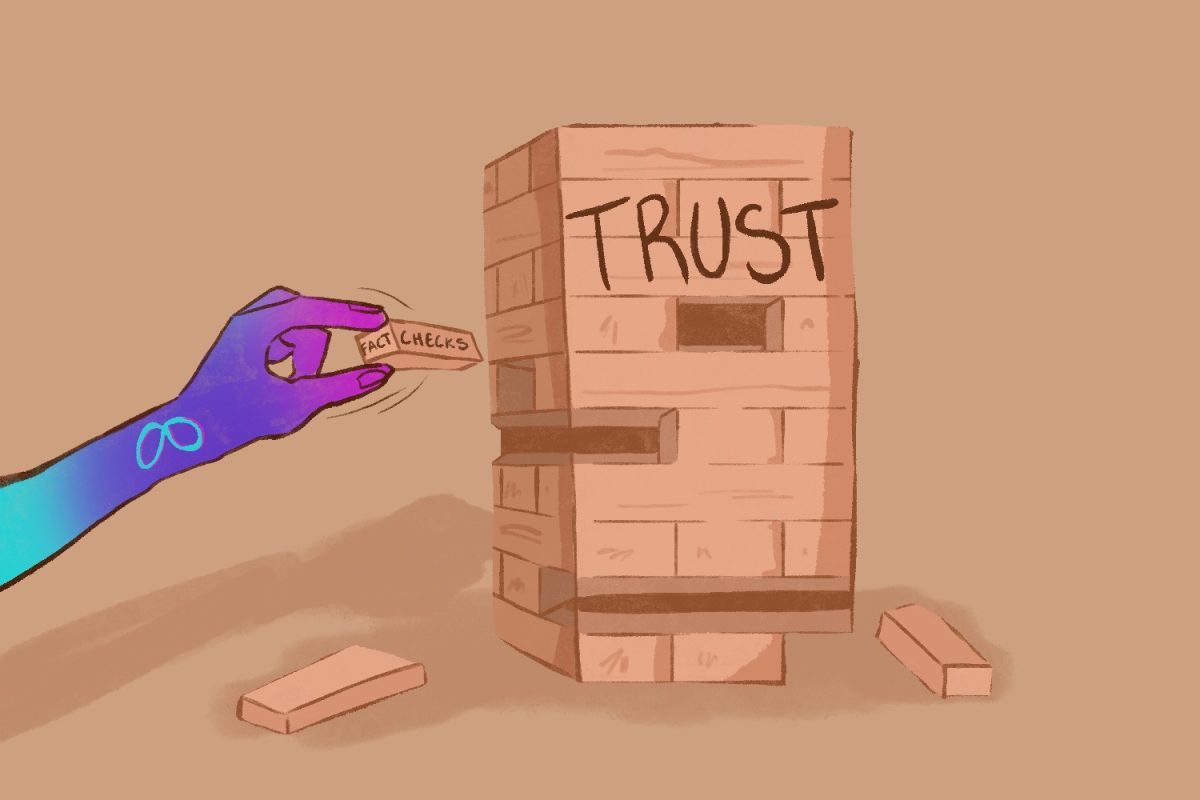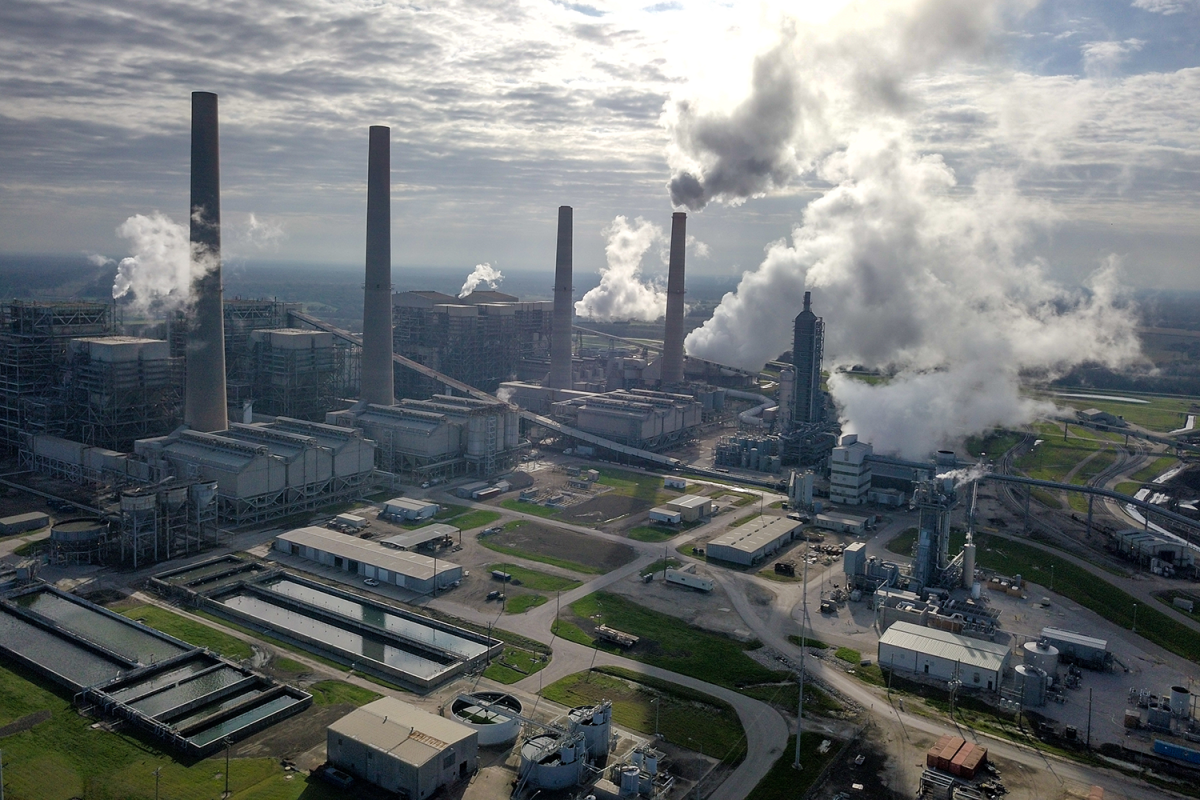It was not just the stress of tests or the excitement for the upcoming weekend that filled Carlmont’s atmosphere last week; it was the poor air quality. As confirmed by the Bay Area Air Quality Management District, our air quality has reached hazardous levels—a stark reality we can no longer afford to ignore. It is time we stopped dismissing polluted air as a mere inconvenience and instead view it as a wake-up call to combat climate change.
The Air Quality Index (AQI)–a term that has become all too familiar in recent years–is a measure of the air quality in a given area; the greater the density of pollutants in the air, the higher the number. Yet, for many, the AQI remains just that–a number devoid of deeper significance.
The San Francisco Chronicle reported that the Bay Area’s AQI reached such unhealthy levels on Sept. 20 that residents were urged to stay inside. Air quality is not just a concern for scientists and policymakers; it is a critical issue that affects us all. Canceled sports practices and games have become routine, and the polluted air poses genuine health risks for those who are immunocompromised.
However, it is not just about the day-to-day challenges.
Climate change and air quality are inextricably intertwined. In the Bay Area, the pollutants saturating our air are largely products of wildfires. In the past week, we’ve grappled with the consequences of fires blazing in Northern California and Oregon, according to a Sept. 19 update from the San Francisco Chronicle.
The National Oceanic and Atmospheric Association explained that climate change stands as the ultimate culprit behind these wildfires and, consequently, the smoke that has blanketed our region. Therefore, the Bay Area’s recent alarming AQI should serve as a warning to take action against climate change because we are already experiencing its effects.
The fight against climate change is not new, but it is far from over. From embracing sustainable practices to advocating for policies that prioritize the environment, there are plenty of avenues through which one can help the cause. The overarching problem, however, is the lack of concern for the health of our planet. Thus, the issue of poor air quality should serve as a clarion call, compelling us to take such action to defend the environment.
So, the next time you gaze out of a classroom window and see the familiar haze of polluted air, let it serve as a reminder that protecting the environment is not just a choice but a responsibility we all share. Together, we can breathe life into a brighter, cleaner future for our planet.
*This editorial reflects the views of the Scot Scoop Editorial Board and was written by Gabrielle Shore.
The Editorial Board voted 12 in agreement, and 5 refrained from voting.













